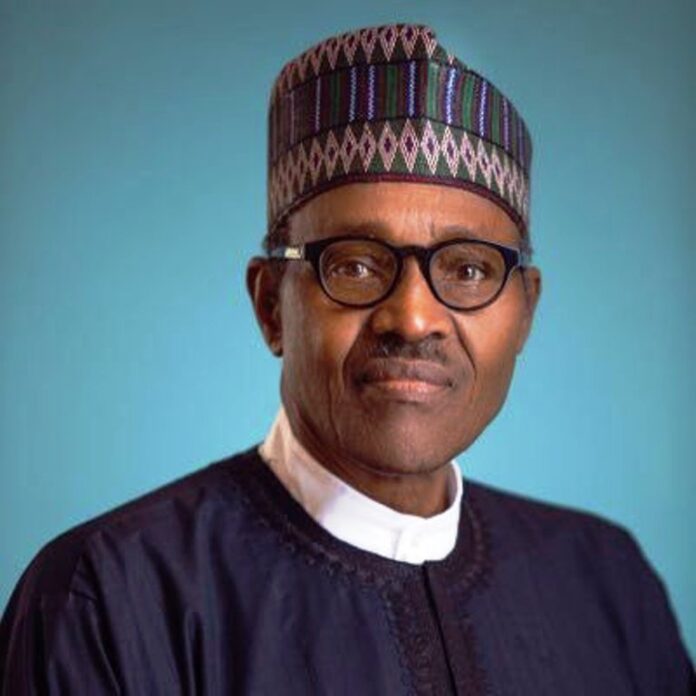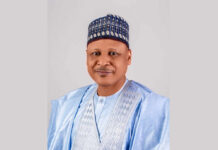In life, President Muhammadu Buhari was known for his quiet, austere demeanour and a deep sense of duty. In death, he leaves behind a legacy that transcends his towering frame and military mien, one defined by a relentless quest for nation-building through infrastructure, institutional reforms, and developmental vision.
As his presidency drew toward its twilight in 2023, Buhari often made it clear that he was more concerned about how history would judge his stewardship than with the fleeting praises of the moment. He never missed an opportunity to remind his cabinet members, ministers, and top civil servants that their collective responsibility was to deliver real change, a change anchored on nine priority areas that included economic growth, anti-corruption, infrastructure, health, education, and security.
At the Mid-Term Ministerial Performance Review Retreat in Abuja, the late President had given what many described as a stern but visionary charge. He called for synergy, focus, and acceleration. “We must close the gaps in our implementation efforts to ensure that we attain set targets by 2023,” Buhari had declared, showing no intention of leaving his legacy to chance or rhetoric.
That was quintessential Buhari: a man who, though often criticised for his silence in the face of political turbulence, was focused on the bigger picture, the building of a country that would endure beyond individual officeholders.
He spearheaded the establishment of institutional delivery frameworks like the Central Delivery Coordinating Unit and quarterly coordination meetings for priority areas. His focus on results, not just plans, became a defining feature of his administration’s latter years. He gave clear marching orders for the capacity building of MDAs, insisting that performance should be a culture, not an exception.
To many Nigerians, especially the ordinary citizens and rural dwellers, Buhari’s tenure is etched in the hundreds of infrastructural projects that began dotting the landscape under his leadership, roads, bridges, railways, airports, and power projects that redefined the concept of federal presence.
He was equally resolute in stabilizing the economy. Despite global headwinds, including the COVID-19 pandemic, he remained committed to fiscal discipline, domestic revenue mobilization, and support for small and medium-scale enterprises. Buhari’s administration pursued industrialization, invested in healthcare, and initiated one of Africa’s largest Social Investment Programmes, impacting millions of vulnerable Nigerians through direct cash transfers and youth-focused empowerment schemes.
True to his military roots, Buhari believed in the strength of structures. But beyond bricks and mortar, he laid foundations for institutional reforms meant to outlive his presidency. He was deliberate in championing digital transformation, retooling education to meet modern demands, and sustaining Nigeria’s vaccination and public health efforts.
Even in his final days, Buhari spoke more of what must still be done than what had been achieved. He was a leader conscious of legacy, not for vanity, but for posterity.
Today, as the country mourns the loss of a former Head of State and two-time President, Nigerians are not only reflecting on what Buhari left behind but also on what he stood for: service, discipline, and silent dedication to national progress.
History will remember Muhammadu Buhari not just for the legacies he dreamt of, but for those he truly lived for.
Aliyu Umar Aliyu
Head, Strategic Communications (BPSR)
18th July, 2025.
Federal Ministry of Information and National Orientation 2025. All Rights Reserved.






